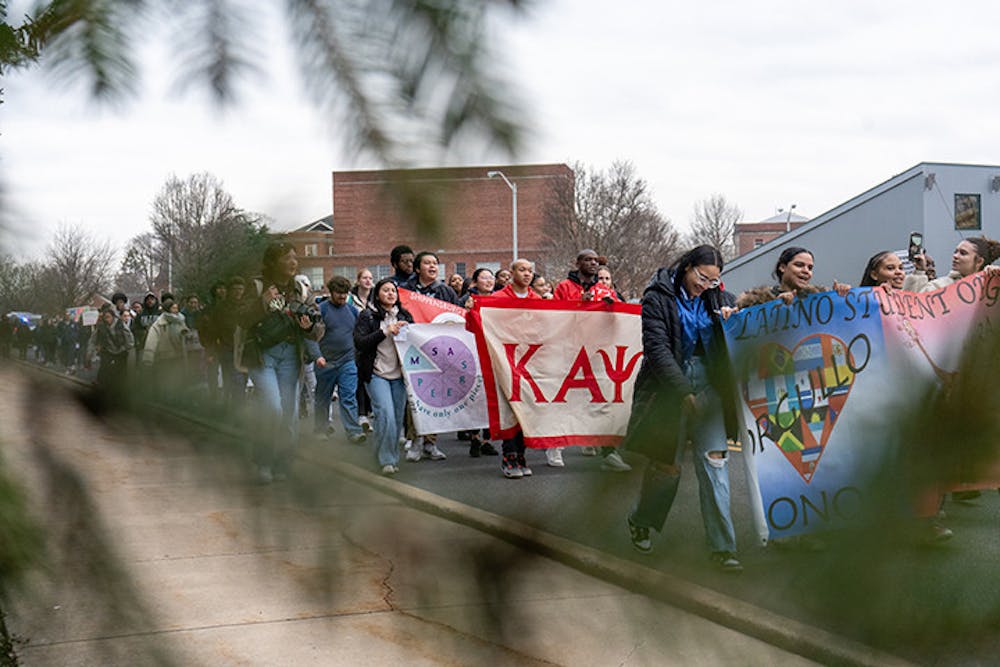Campus events play a crucial role in fostering inclusivity. Large-scale events should consider weekend scheduling to enhance accessibility, acknowledging that valuable experiences gained contribute to students’' future careers. The prevailing emphasis on academic responsibilities sometimes undermines the significance of hands-on experiences provided by events.
It is kind of isolating for one of the biggest events with the biggest speaker (and best speaker) that Ship has had to be at the same time as mandatory meetings for honors and learning center and pep band and so many other. That also goes for faculty who had required meetings during the event time as well.
From an athlete’'s perspective, flexibility in mandatory attendance for events, like the MLK March for Humanity, could be considered, recognizing external commitments such as practice. Similarly, proof of attendance could potentially excuse individuals from mandatory activities, promoting a more inclusive campus environment.
The campus’'s accessibility issue extends beyond minority groups, impacting various aspects of university life. While mandating event attendance might be controversial, increased awareness and consideration for major events conflicting with classes could improve the overall experience for students.
Scheduling conflicts arise due to the concentration of meetings around specific time slots, such as 3:30 p.m. on Tuesdays and Thursdays. Diversifying meeting times would alleviate conflicts for students, faculty , and staff, promoting a more balanced and accessible campus environment.
Regarding canceling classes on significant days like Election Day, collective bargaining constraints limit the university's ability to mandate such cancellations. Encouraging professors to adopt flexible attendance policies on these days could be a more feasible approach.
To confirm details on canceling classes, reaching out to Aaron Dobbs is recommended, as he may provide insights into the university’'s policies and collective bargaining agreements at awdobbs@ship.edu.





The Slate welcomes thoughtful discussion on all of our stories, but please keep comments civil and on-topic. Read our full guidelines here.